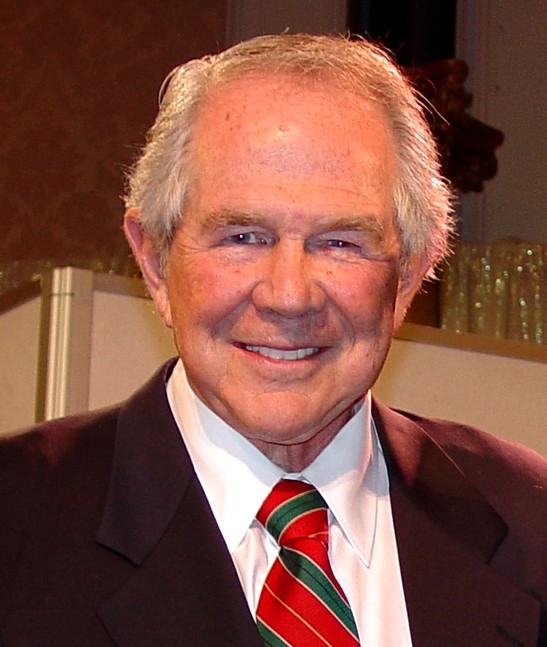
One thing that all five of us have in common on this blog, besides being brothers in Christ, is that we probably all have an opinion about the TULIP. Some of us accept all five points and others do not. Therefore, I would like to continue the conversation about the holy acronym and its impact on the Christian life. We'll now discuss the "U." (No, I'm not referring to the University of Miami Hurricane football team). The following definitions come from the sinless and without fault, Theopedia.com.
"Unconditional Election is the doctrine which states that God chose those whom he was pleased to bring to a knowledge of himself, not based upon any merit shown by the object of his grace and not based upon foreseen faith (especially a decisional faith). God has elected, based solely upon the counsel of his own will, some for glory and others for damnation (Romans 9:15,21). He has done this act before the foundations of the world (Ephesians 1:4-8).
This doctrine does not rule out, however, man's responsibility to believe in the redeeming work of God the Son (John 3:16-18). Scripture presents a tension between God's sovereignty in salvation, and man's responsibility to believe which it does not try to resolve. Both are true -- to deny man's responsibility is to affirm an unbiblical hyper-Calvinism; to deny God's sovereignty is to affirm an unbiblical Arminianism.
The elect are saved unto good works (Ephesians 2:10). Thus, though good works will never bridge the gulf between man and God that was formed in the Fall, good works are a result of God's saving grace. This is what Peter means when he admonishes the Christian reader to make his "calling" and "election" sure (2 Peter 1:10). Bearing the fruit of good works is an indication that God has sown seeds of grace in fertile soil."
I think one key point in our limited understanding of how God elects people to salvation is this statement: "Scripture presents a tension between God's sovereignty in salvation, and man's responsibility to believe which it does not try to resolve." Indeed, there is a dichotomous relationship between human responsibility and "free will" and the sovereignty of God.
Ephesians 1 clearly states: ""He chose us in Him [Christ] before the foundation of the world, that we should be holy and blameless before Him. In love He predestined us to adoption as sons through Jesus Christ to Himself, according to the kind intention of His will, to the praise of the glory of His grace, which He freely bestowed on us in the Beloved … also we have obtained an inheritance, having been predestined according to His purpose who works all things after the counsel of His will." (Eph. 1:4-5, 11).
However, it is worth noting that we are elected "in" Christ and not "to" Christ.
What is conditional election? According to Theopedia, conditional election, "is the predominant view of Arminianism which concludes that God's choice of individuals for salvation is conditioned upon personal faith. In this view, God looks down through the corridors of time and sees who will believe of their own free will and then elects, chooses, or predestines those individuals for salvation and eternal life. This perspective maintains that predestination is based on God's divine foreknowledge, where foreknowledge is erroneously equated with foresight."
So - my question is this: Is there really a difference between God having foreknowledge and Him having predestined future events? Are these two aspects contradictory? Is it possible for Him to possess both?
Labels: TULIP



